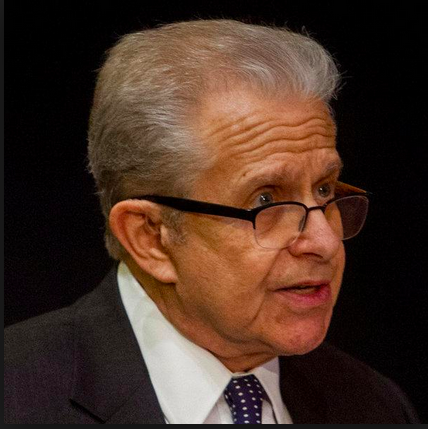Much might be said about Judge Brett Kavanaugh’s possible confirmation to the Supreme Court: in terms of his still only partly disclosed professional record, the allegations of sexual assault and his candor, or lack of it, in testifying before the Senate Judiciary Committee.
But apart from all that — and apart from whatever the reopened F.B.I. investigation might reveal — the judge himself has unwittingly provided the most compelling argument against his elevation to that court.
His intemperate personal attacks on members of the Senate Judiciary Committee and his partisan tirades against what he derided as a conspiracy of liberal political enemies guilty of a “calculated and orchestrated political hit” do more than simply display a strikingly injudicious temperament. They disqualify him from participating in a wide range of the cases that may come before the Supreme Court: cases involving individuals or groups that Judge Kavanaugh has now singled out, under oath and in front of the entire nation, as implacable adversaries.
Well before last week’s hearing, public officials and scholars of legal ethics were already debating whether a Justice Kavanaugh, with his unusually expansive views of presidential power, would be required to recuse himself from cases involving the legal fate of the president who nominated him.




